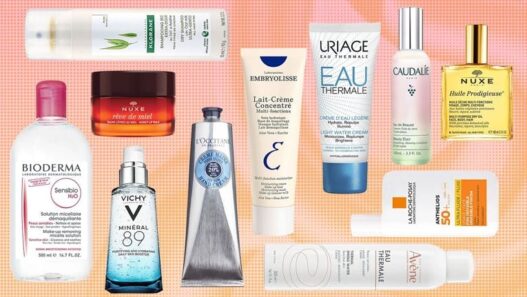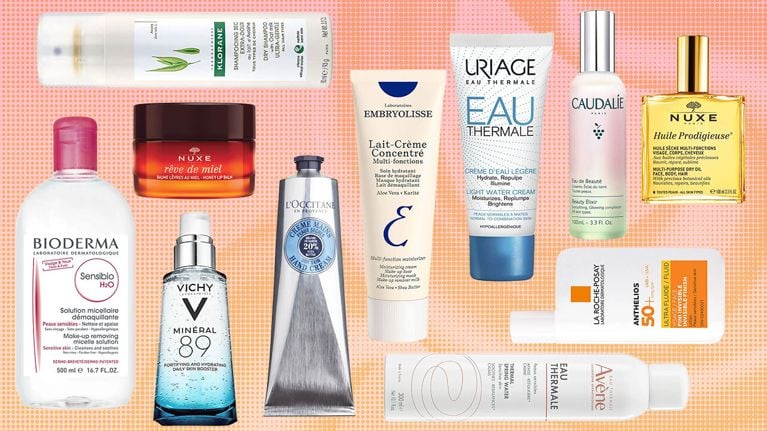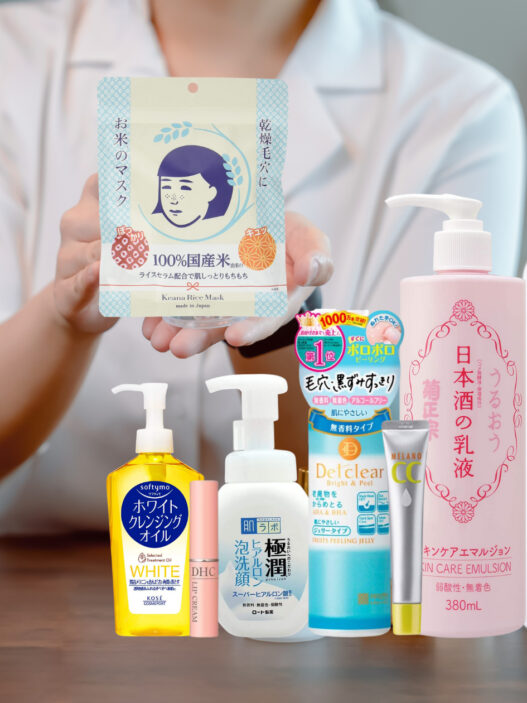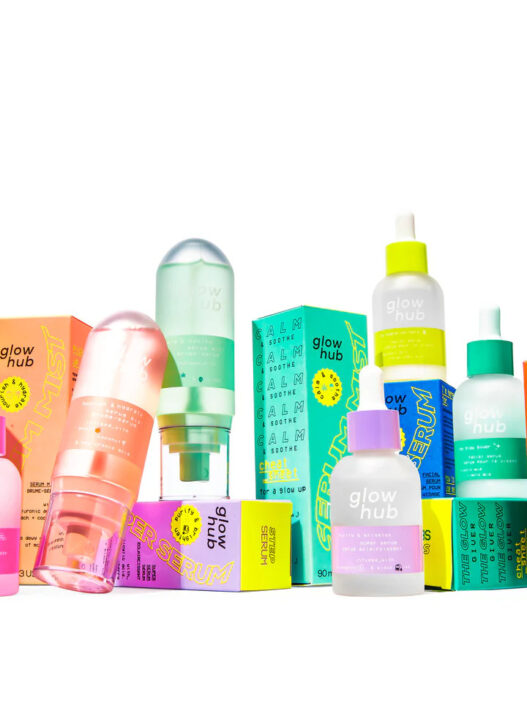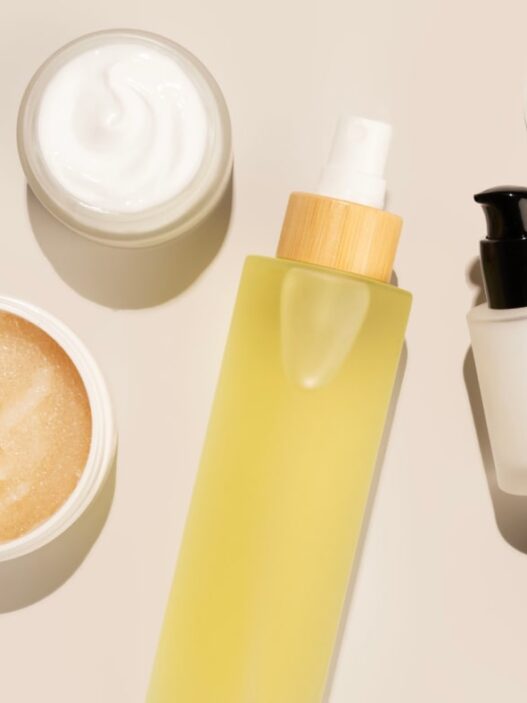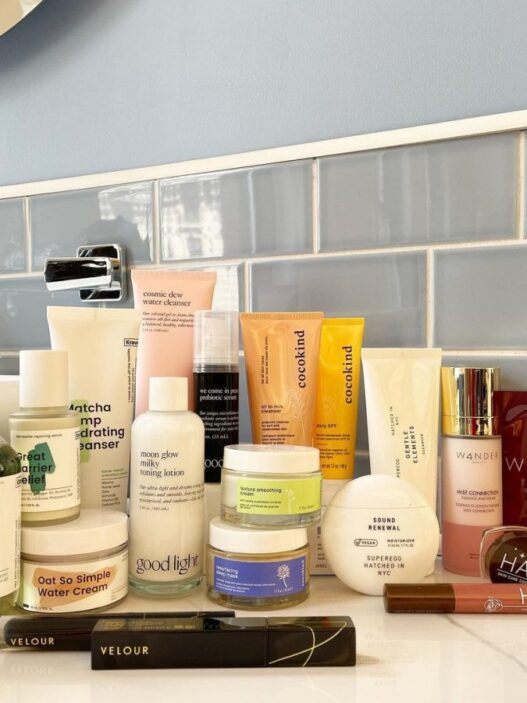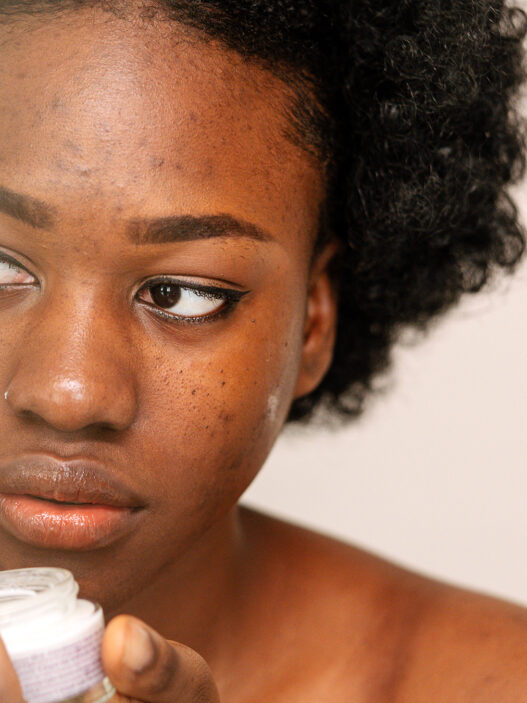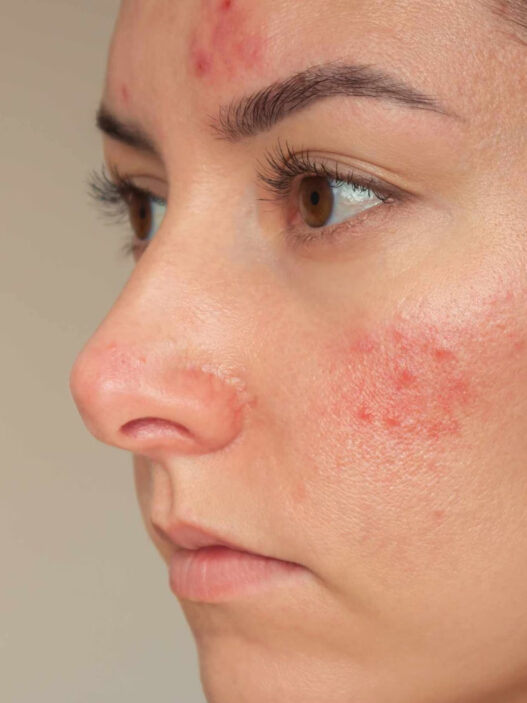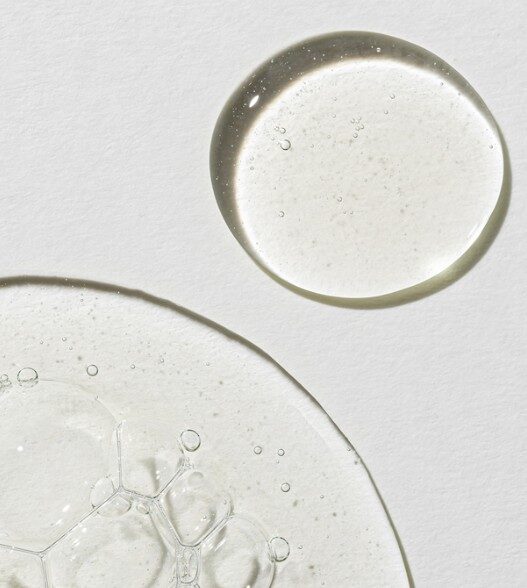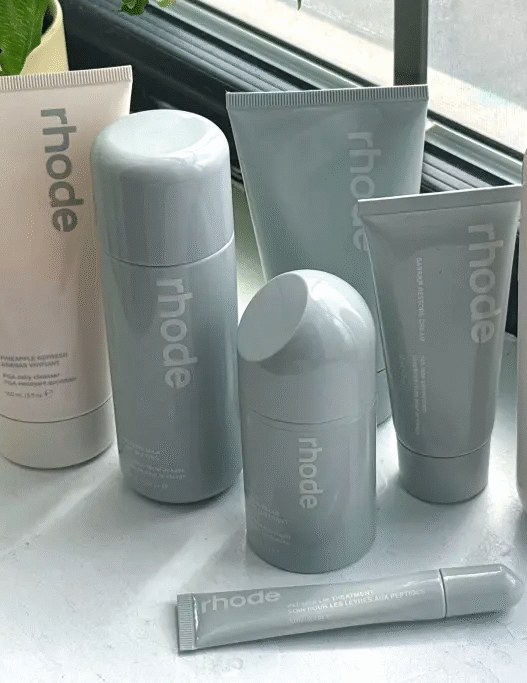French skincare has established itself as a global standard for cosmetic safety and innovation in dermatology. Unlike many beauty routines that focus on trends, French formulations are rooted in clinical research, pharmacology, and dermatology.
French products are highly effective while being gentle on the skin thanks to the integration of thermal spring water, micellar technology, botanical extracts, and stringent regulatory standards.
This article examines the scientific principles and technical processes of French skin care, supported by well-known brands that demonstrate these standards.
Regulatory Framework – The Backbone Of Quality
Strict EU Cosmetic Regulations
French skincare products must adhere to the Cosmetics Regulation of the European Union (EC No. 1223/2009). This framework calls for:
- Before being put on the market, toxicologists conduct safety assessments.
- A list of banned substances with more than 1,300 ingredients, whereas the United States only has 30.
- Hypoallergenic and dermatologically tested claims necessitate clinical trials.
French Pharmacies As Gatekeepers
In contrast to other nations, pharmacies are the primary channel through which many French skincare brands, such as La Roche-Posay, Avène, and Bioderma are sold.
There, dermatologists and pharmacists make product recommendations. Formulations are guaranteed to focus on treatment rather than cosmetic fads thanks to this pharmaceutical integration.
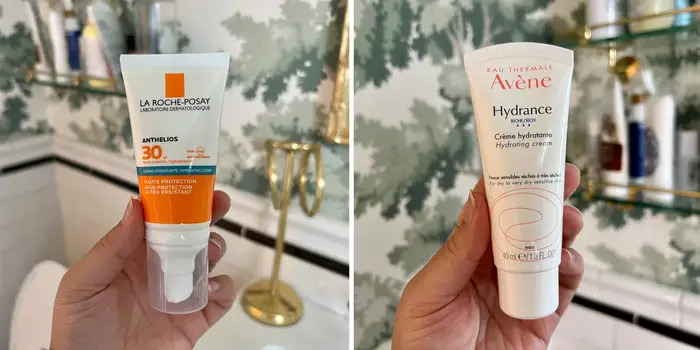
Micellar Water Technology – Bioderma
The Science Of MicellesBioderma pioneered French micellar water in 1995 by using micelles, which are tiny surfactant molecules with a head that attracts water and a tail that attracts oil.
The Science Of Miracles
- Mechanism: Micelles retain impurities, oil, and sebum without affecting the hydrolipidic film of the skin.
- pH-balanced: Bioderma’s Sensibio H2O protects the acid mantle by maintaining a physiological pH of 5.5
Clinical Relevance
Micellar waters cleanse without harsh rubbing or stripping, making them ideal for people with sensitive skin, rosacea, and eczema. Cosmetic chemistry and dermatology are perfectly aligned in this instance.
Thermal Spring Water – Avène And La Roche-Posay
Unique Mineral Compositions
The biochemical properties of each thermal spring water vary, so French skincare heavily incorporates them.
- Avène Thermal Water: Rich in silicates and low mineral content, providing soothing and anti-irritant benefits. Skin inflammation markers like IL-8 and TNF-alpha have decreased in clinical trials.
- La Roche-Posay Thermal Water: High in selenium, a trace antioxidant that has been shown to protect DNA from oxidative stress and neutralize reactive oxygen species (ROS).
Application In Dermatology
These waters are used in thermal dermatology centers in France, where patients with atopic dermatitis, psoriasis, or burn scars undergo hydrotherapy treatments. French skin care sets itself apart by combining controlled dermatological procedures with natural mineral-rich water.
Botanical And Polyphenolic Science – Caudalie
Grapeseed Polyphenols
Caudalie uses resveratrol and polyphenols extracted from grape seeds and skins, which were developed in the Bordeaux vineyards.
- Powerful Antioxidant: Grape-derived OPCs (Oligomeric Proanthocyanidins) neutralize free radicals 10,000 times more effectively than Vitamin E.
- Collagen Support: Resveratrol activates sirtuins (longevity proteins) and stimulates fibroblast activity, delaying wrinkle formation.
Vinotherapy In Skincare
Clinical studies demonstrate that Caudalie’s patented Viniferine, derived from grapevine sap, is 62 times more effective than Vitamin C at reducing dark spots. The integration of pharmacological rigor and natural actives is brought to light in this botanical-clinical approach.
Dermatological Formulation Standards
Hypoallergenic Testing
Under dermatological supervision, French brands conduct product testing on volunteers with sensitive skin outside of the laboratory.
For instance, Avène Skin Recovery Cream is tested on rosacea and eczema patients to ensure its real-world tolerability.
Minimalist Formulas
In contrast to markets in the United States and Asia, where multi-step regimens are common, French skin care emphasizes minimal formulations with brief INCI lists.
Omits phenoxyethanol, parabens, and unnecessary fragrances.
Focuses on bases that are non-comedogenic and suitable for all skin types.
Multi-Brand Innovations
- Bioderma: Micellar cleansing technology for sensitive skin.
- La Roche-Posay: Selenium-rich antioxidant water for anti-inflammatory care.
- Avène: Soothing therapies for atopic skin conditions.
- Caudalie: Grape polyphenols and vinotherapy science.
- Vichy: Volcanic mineralizing water, reinforcing the skin barrier against pollution and oxidative stress.
These innovations show how different parts of France, like vineyards, volcanoes, and thermal springs, give the skincare industry unique raw materials.
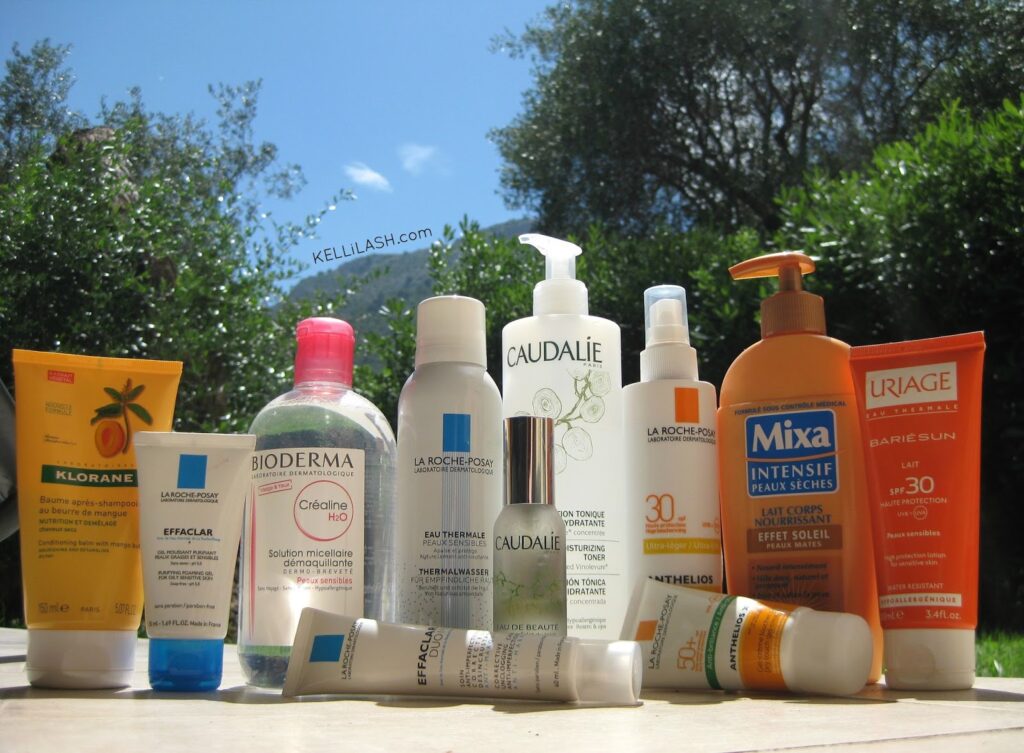
The French Skincare Philosophy
French skincare is based not only on science and ingredients but also on prevention, balance, and respect for the physiology of the skin.
- Less Is More: A routine often includes a gentle cleanser, thermal water mist, targeted serum, and barrier-restoring moisturizer.
- Prevention Over Correction: Rather than relying on aggressive anti-aging treatments later, French women are known to start using sun protection and barrier repair early.
- Dermatologist-Driven Industry: Rather than fashion or beauty companies, medical laboratories are the source of many of the leading French brands.
Summary Table
| Topic | Source Highlights |
| Micellar Technology | Bioderma invented micellar water in 1991; maintains pH 5.5, preserves skin barrier; dermatologist favorite; strong clinical efficacy. Bioderma |
| Avène Thermal Water | Naturally mineral-rich through deep filtration; supported by 150+ studies; hydrotherapy center evidence; dermatologist recommended. The Derm Review |
| La Roche-Posay Water | Minerals like selenium, zinc, copper offer soothing and antioxidant support for sensitive skin. French SkinCare |
| Scientific Basics | Micelles function due to amphiphilic molecular structure above critical concentration. Wikipedia |
Conclusion
French skin care represents the intersection of dermatology, pharmacology, and nature.
The French skincare brand combines skin-friendly minimalism and science-backed efficacy, including thermal waters, polyphenolic antioxidants, and stringent regulatory standards.
The success of brands like Avène, La Roche-Posay, Bioderma, Caudalie, and Vichy demonstrates that natural resources and technical innovation can produce skincare solutions that are trusted worldwide.
The French skincare model continues to be a gold standard in the global beauty industry as more consumers look for products that have been clinically validated to be safe and effective.






